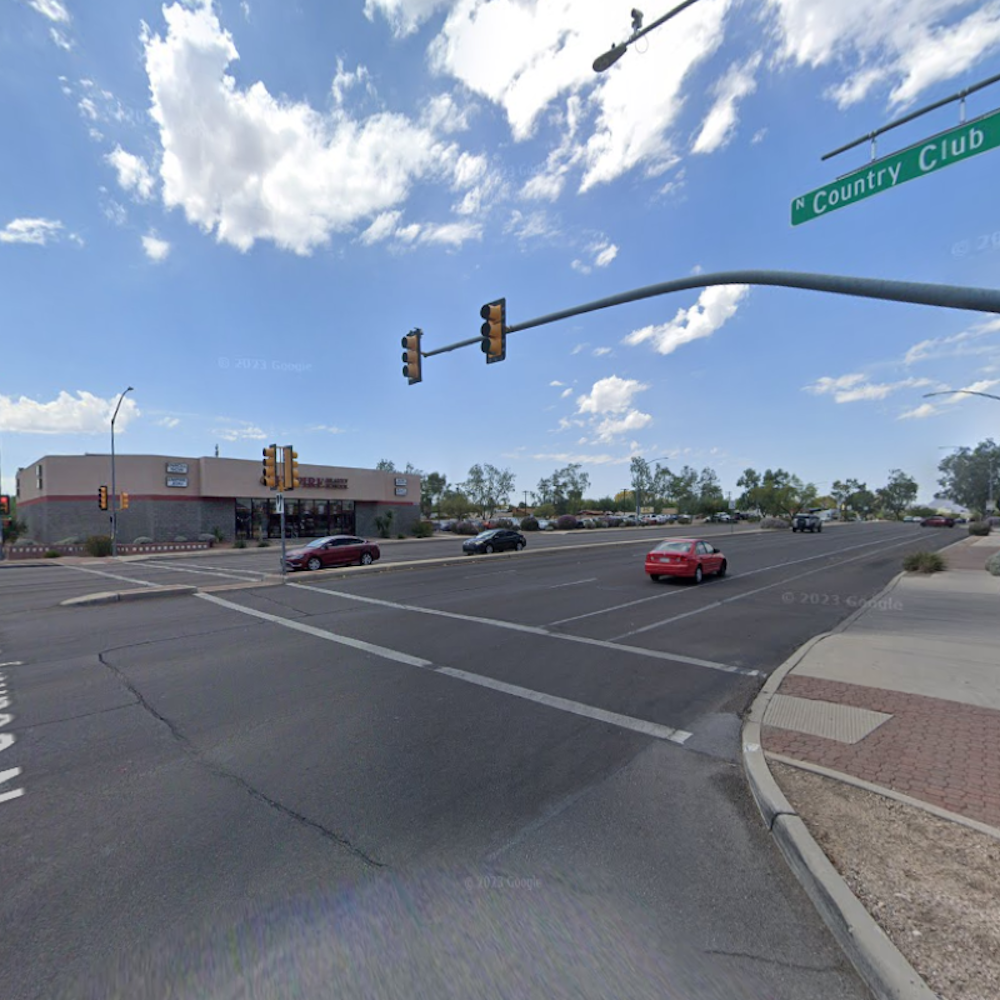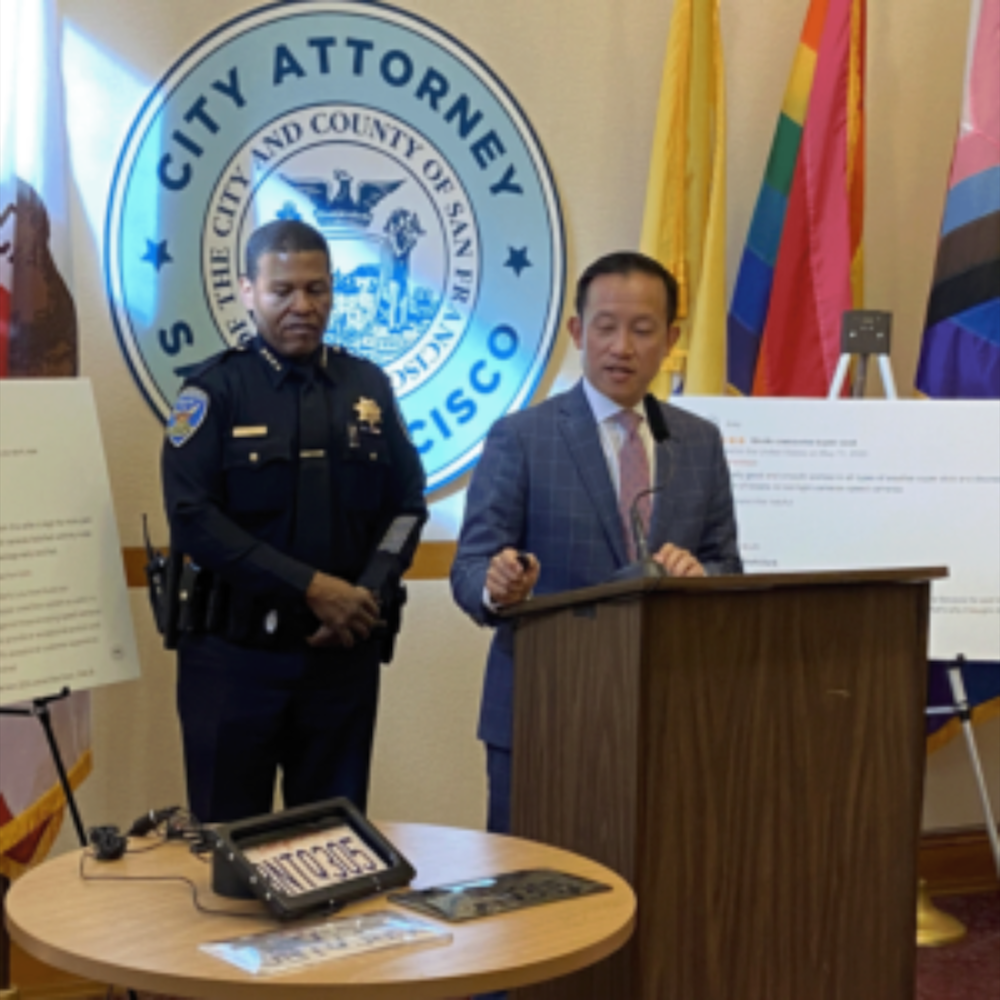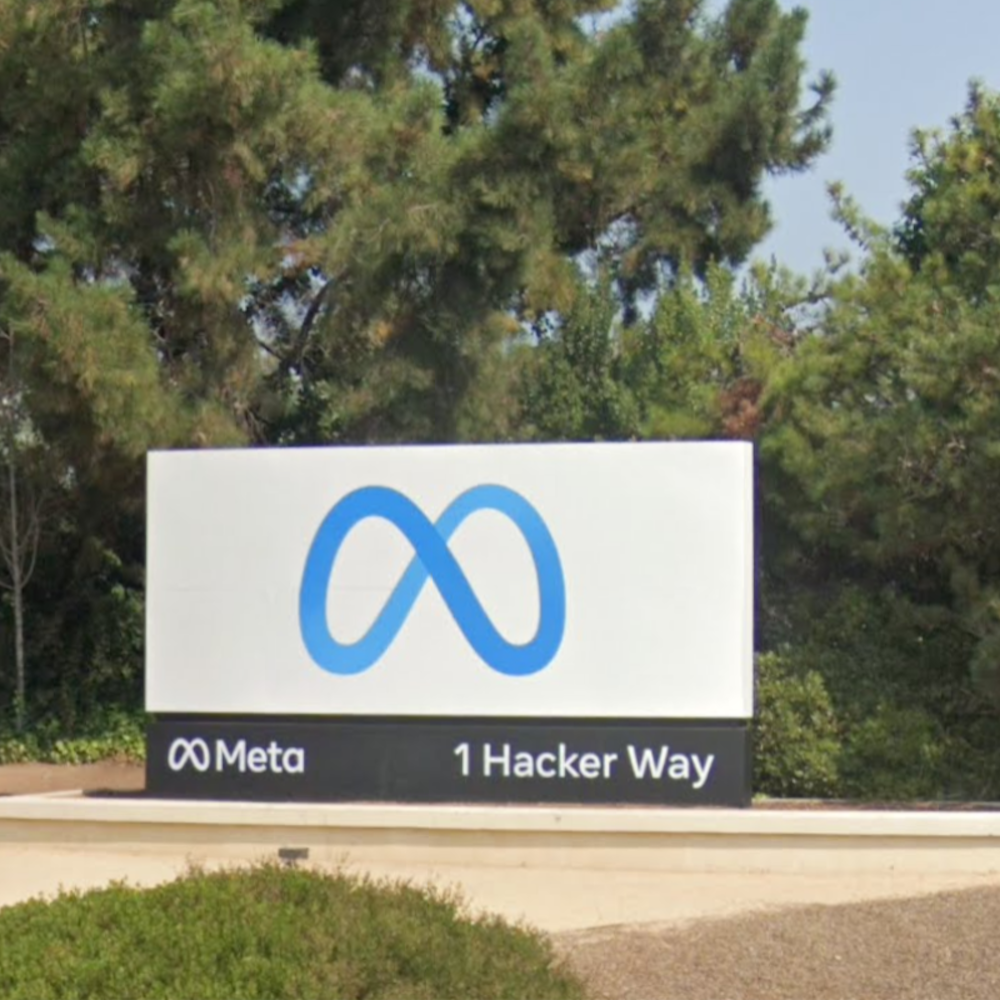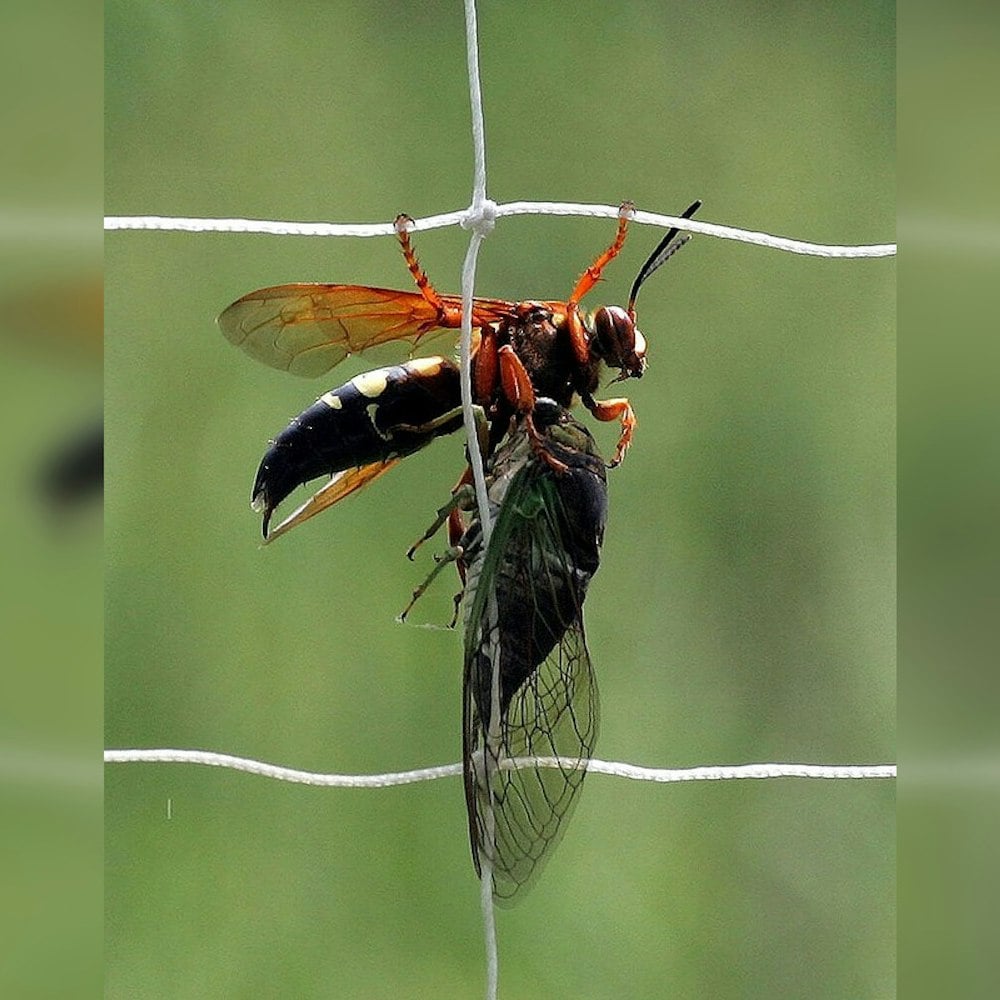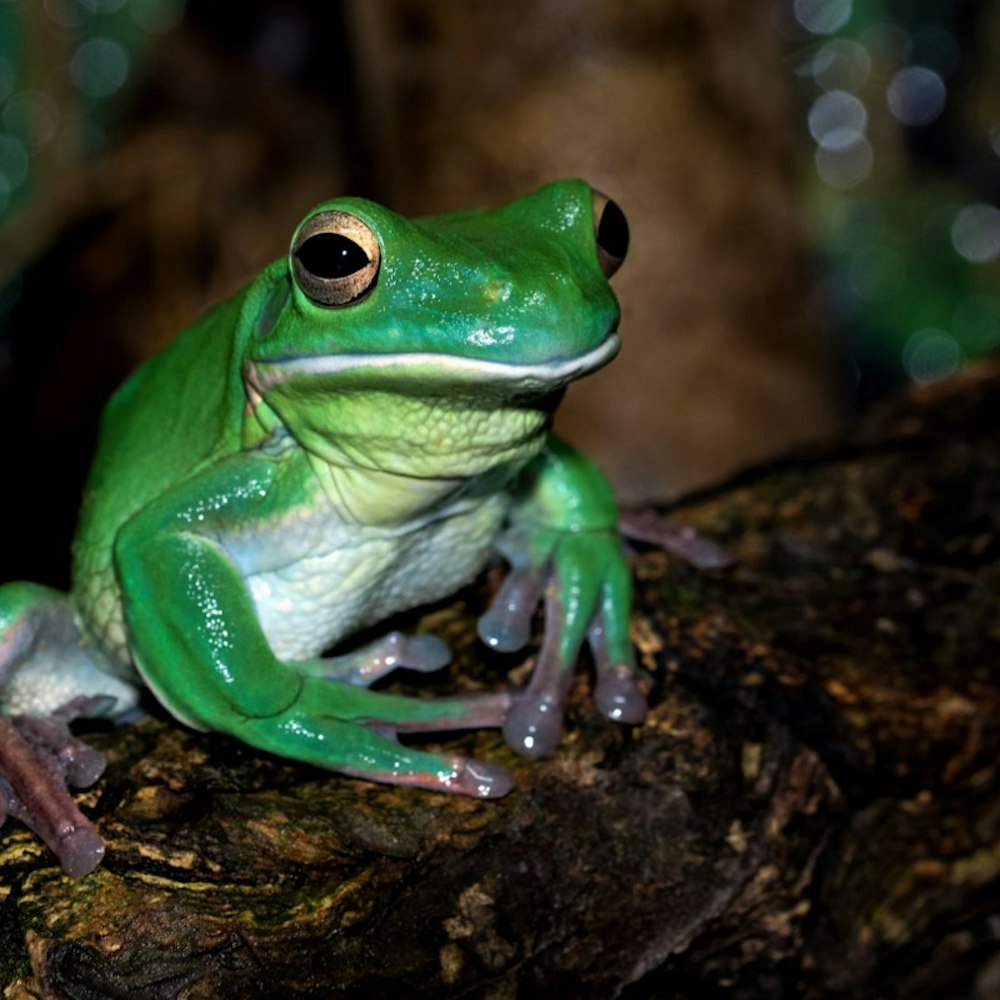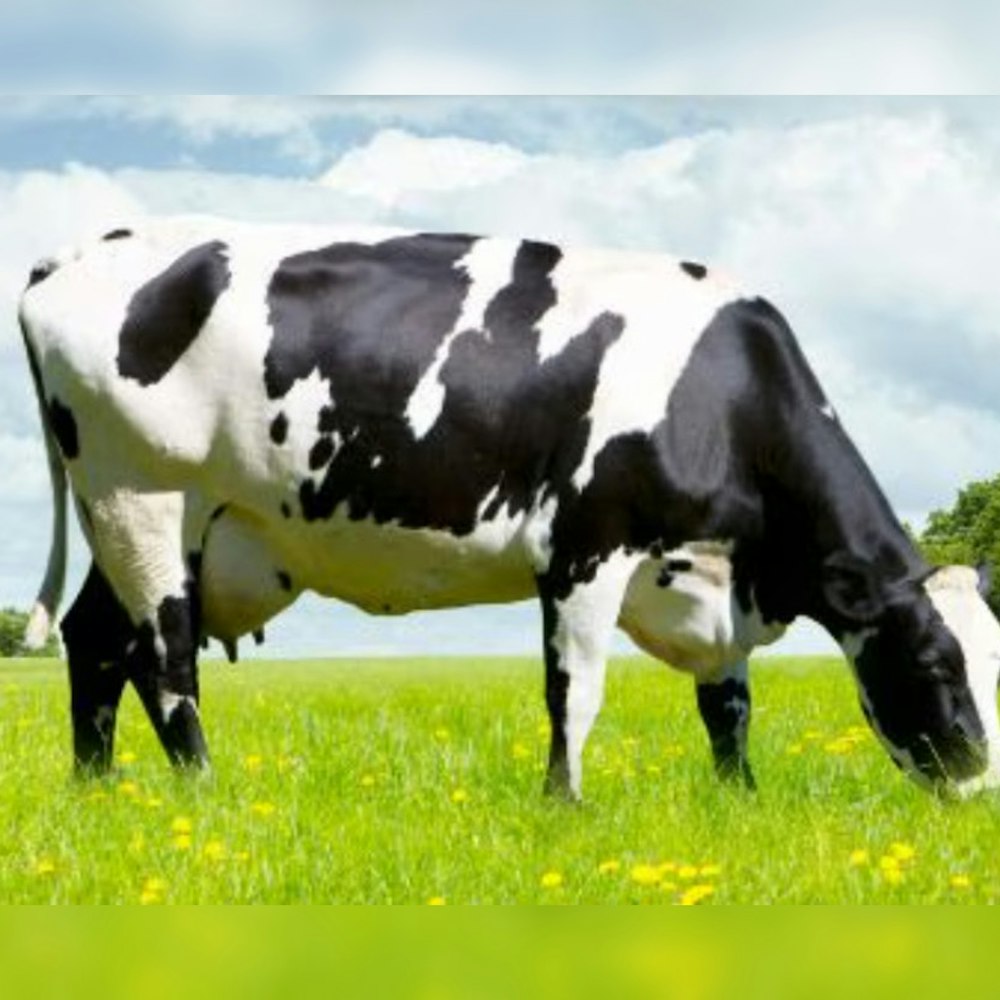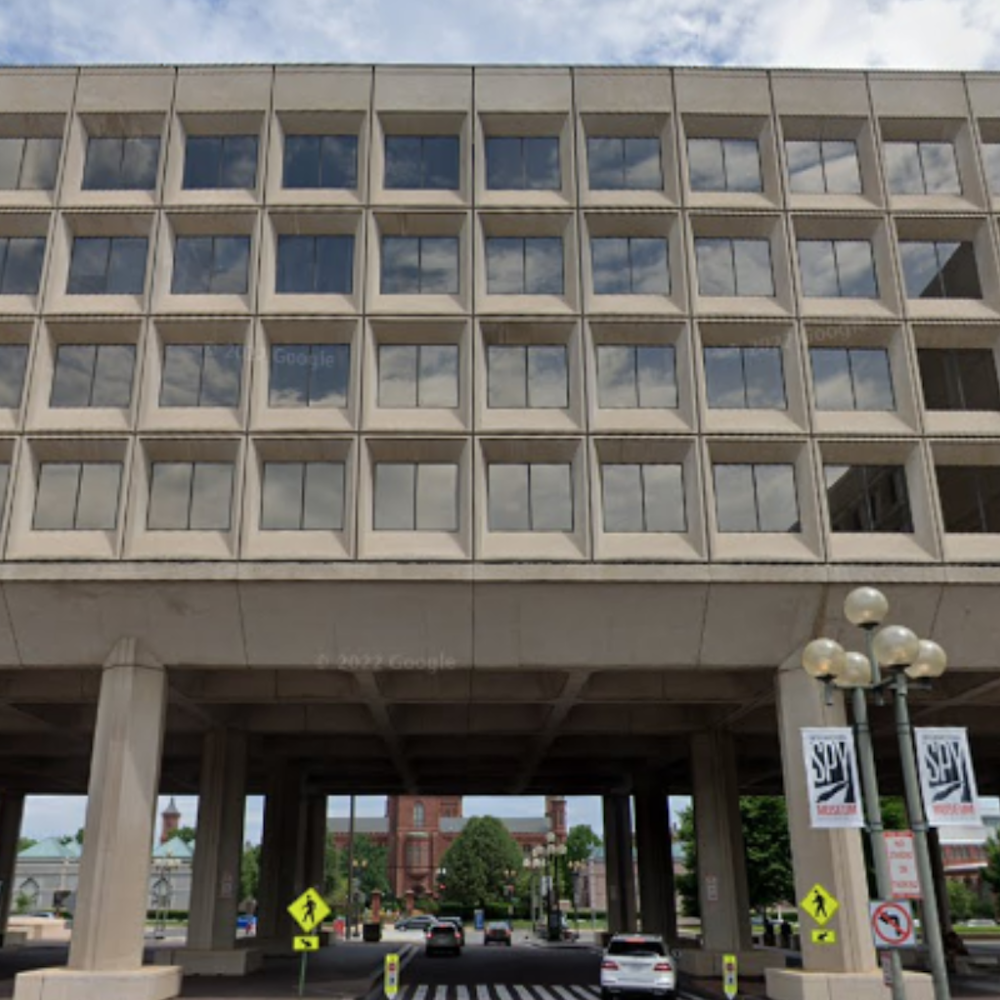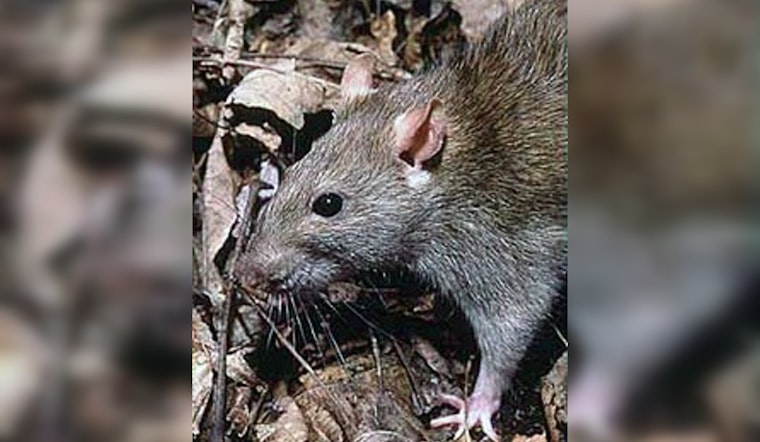
Rats are an inevitable part of urban life, scurrying through our parks, burrowing in public spaces, and thriving off our city's slicker scraps. But Seattle has rolled up its sleeves and is taking these pests head-on with a fresh, eco-friendly approach. Seattle's Parks and Recreation department (SPR) is ditching the poison and bringing in the gas—carbon dioxide, to be exact—a clean, lethal alternative to traditional rodent murder.
Now, SPR's got its hands full, what with all the litter-picking, trash-can installing, and keeping those public spaces tidy, it's a wonder they have time to play exterminator but deal with pests, they must and admirably so. They've cozied up to a new partner, Birds Connect Seattle, and together, they're pumping CO2 into rat burrows citywide, according to a post on Seattle Parkways, it's a roaring success. They're dropping rodents in their tracks—right where they live, in fact—without the messy business of poisons screwing with the food chain or harming those majestic raptors overhead.
Old methods had us choking wildlife with poison, a reckless domino effect where the rats might leave the park, sure, but only in the bellies of unsuspecting crows, and suddenly we've got way more than a rat problem. Seattle's SPR waved goodbye to that nightmare with their Integrated Pest Management (IPM) program, highlighting the troubles with past poison traps. "These traps work well but introduce poisons into the environment – these poisoned rats are then often eaten by scavengers like crows, causing harm to the very predators that help control rat populations," as SPR delineates the old versus new tactics.
Seattle's vision for a healthier wildlife balance doesn't stop at carbon dioxide whack-a-rat, they're taking a cue from nature too because nothing keeps the vermin at bay like a few hungry hawks and eagles the SPR prioritizes healthy habitats, battling rats biologically by giving raptors the upper claw, We must remember our lessons from harmful chemicals like DDT, the SPR reminds us through Seattle Parkways, "To have a healthy population of birds of prey, we need healthy habitats and, as we learned from chemicals like DDT, limited use of pesticides that eventually rise up the food chain to negatively impact predators. "

